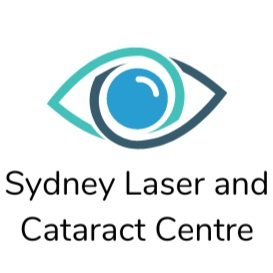Ophthalmologist, Optometrist and Orthoptist: what’s the difference?
You know you need to get your eyes tested and you decide to ask Google for an eye practitioner. But did you know there is more than just one type of eye practitioner? What is the difference between them? Would you know which one to go to for your eye problem?
Let’s discuss the different types of eye practitioners and what eye conditions they can help treat.
What is an Optometrist?
An optometrist is an eye practitioner who has a Bachelors degree in Optometry. They can prescribe and sell glasses, contact lenses and other visual aides for visually impaired people. They can also screen for more serious eye conditions such as glaucoma, cataract and macular degeneration. Some optometrists have done extra tertiary study which allows them to prescribe eyedrops to manage certain eye conditions. If an optometrist discovers that you are suffering from an eye disease, then they will usually refer you to an Ophthalmologist.
What is an Ophthalmologist?
An Ophthalmologist is an eye doctor and often also an eye surgeon. They have trained as a medical doctor for at least 5 years. Then they work in general medicine and surgery for at least 3 years. Then they do a further 5 years just specialising in the eye including surgical treatment. So it’s a least 13 years of training.
Ophthalmologists will diagnose and treat all eye conditions including eye problems caused by diseases of the body such as diabetes. They will often go further and sub-specialise in certain areas of the eye such as cornea or retina, or in certain eye diseases such as glaucoma. To see an Ophthalmologist and receive a Medicare rebate, you will require a referral from a GP, Optometrist, or specialist doctor.
What is an Orthoptist?
An Orthoptist is an allied health care professional who has a Bachelors degree in Orthoptics. They specialise in ocular motility (eye movement) disorders and can provide treatment to relieve visual symptoms such as diplopia (double vision). They will also often work with Ophthalmologists, performing procedures to help diagnose certain eye diseases and disorders.
So next time you’re having problems with your eyes such as blurry vision you’ll likely see at least one of these eye practitioners who can help get your vision back on track! Please contact Dr David Robinson, Sydney Ophthalmologist for future information.
